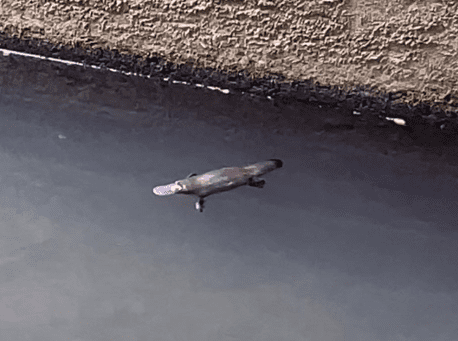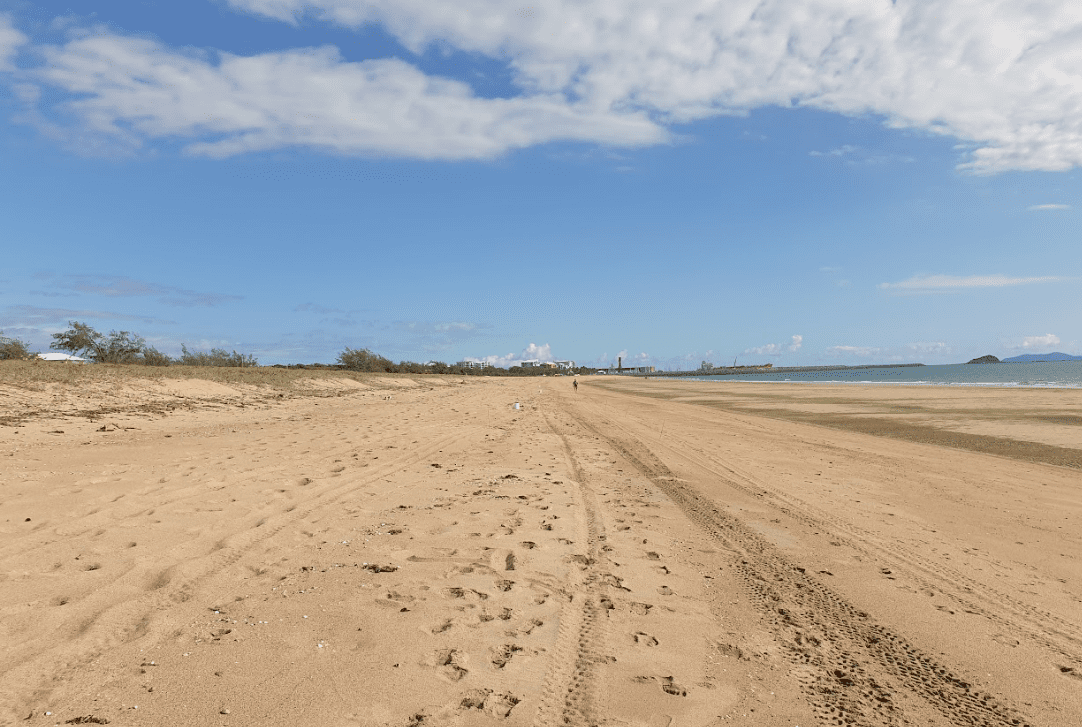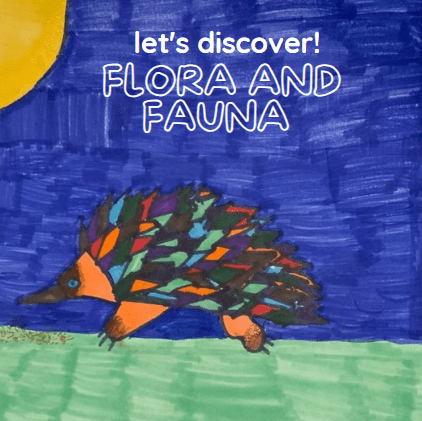
Lets discover!— Flora and Fauna children’s book
Sponsored by:
Powerlink
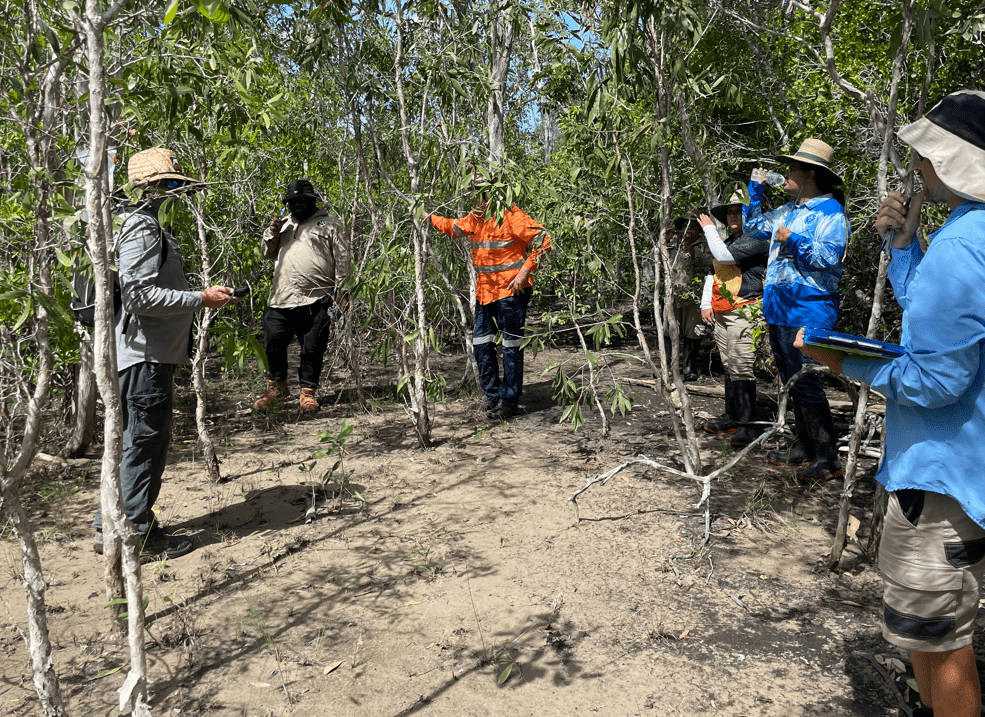
Mangrove Mouse monitoring at Sandringham Bay Conservation Park.
Funded by:
Stanmore Resources and Friends of Parks Queensland
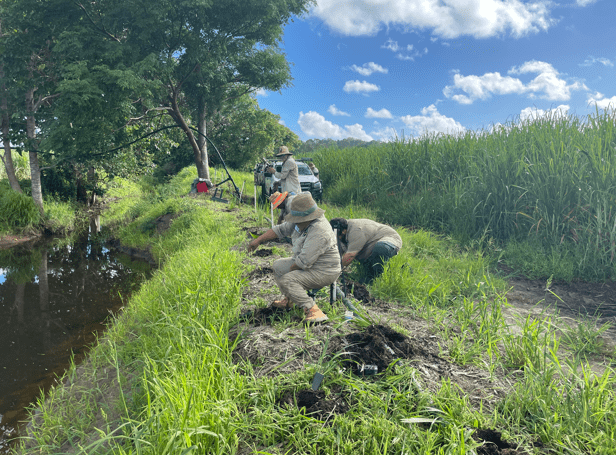
Cane Drain
Funded by:
Reef Catchments
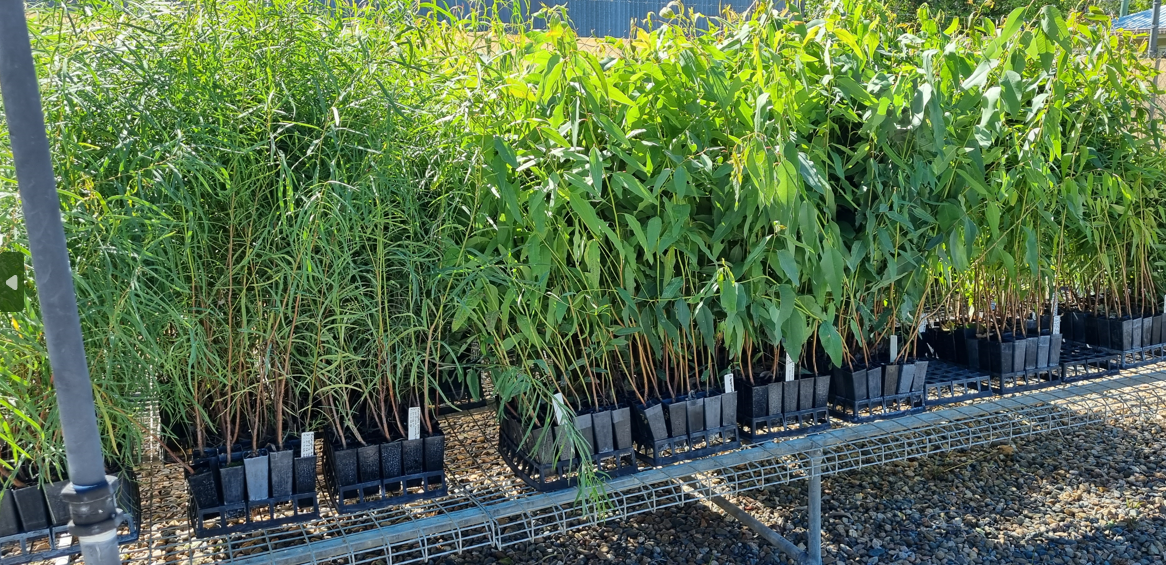
Reef Assist Program 2.0
Funded by:
The Department of Environment and Science QLD
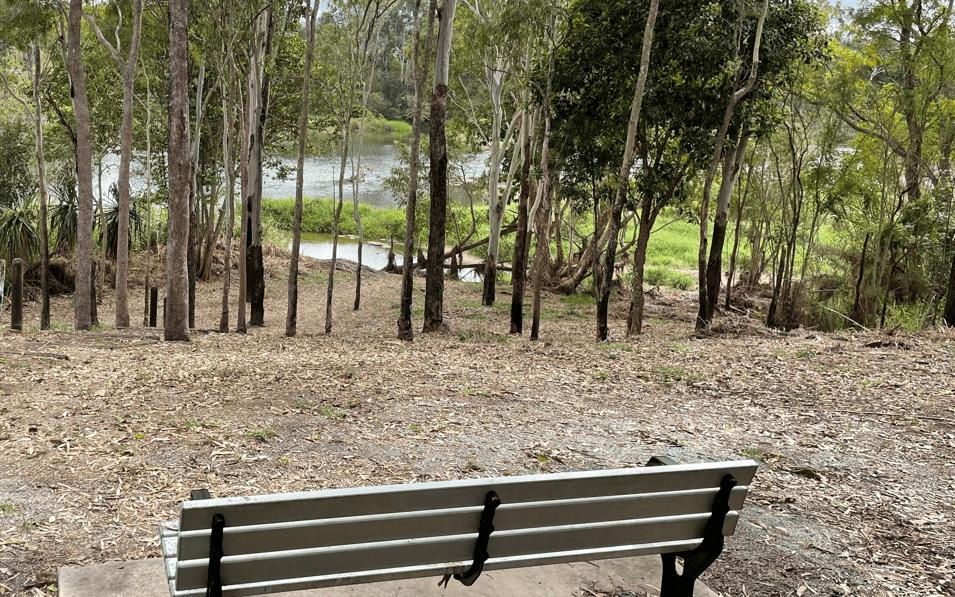
Edward Lloyd Park River Access Revegetation Site

Sandringham Bay
